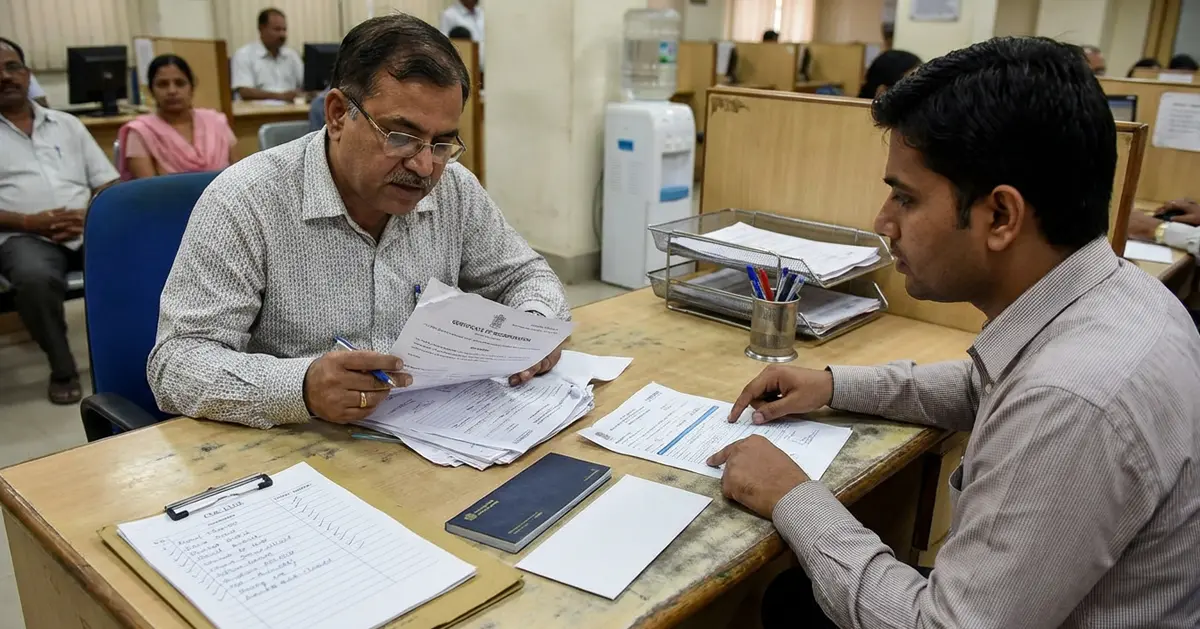In an LLP, a "designated partner" holds a distinct and more significant position than a regular partner. Unlike regular partners who primarily contribute capital, designated partners are accountable for ensuring the LLP adheres to all the legal, tax, and compliance rules.
Under the Limited Liability Partnership Act, 2008, designated partners are responsible for filing all required documents with the Ministry of Corporate Affairs (MCA) on time. They also must keep proper records.
If the LLP fails to meet its compliance obligations, such as missing filing deadlines, not maintaining statutory books, or failing to report changes, the Designated Partners (DP) can be held personally accountable for those lapses.
Why is the Designated Partner Crucial for Your LLP?
The designated partner is essential for your LLP's legal standing and how it operates:
- Legal Compliance: They are directly in charge of all legal duties, such as sending in yearly reports and keeping proper records.
- Accountability: If the LLP doesn’t meet its legal duties, designated partners can be held personally responsible.
- Decision-Making: They often help manage daily operations and are involved in major business decisions.
- Legal Requirement: The LLP Act, 2008, makes it mandatory for every LLP to have at least two designated partners, with one resident in India.
- Designated Partner Identification Number (DPIN): Each DP must obtain a unique DPIN issued by the MCA. This DPIN is mandatory for assuming the DP role and is required for signing e-forms and official filings on behalf of the LLP.
- Official Representative: They deal with government bodies and act as the LLP’s main point of contact for all legal and regulatory matters.
In short, without designated partners, an LLP cannot meet its legal responsibilities or function properly.
Partner vs. Designated Partner in an LLP
It's important to know the difference between a 'partner' and a 'designated partner':
| Feature | Partner | Designated Partner |
| Responsibility | Limited to their monetary contribution | Personally liable for penalties related to non-compliance with the LLP Act, 2008 |
| Accountability | As per the terms of the partnership agreement | Subject to legal rules, penalties, and liabilities specified in the LLP Act, 2008 |
| Role | Invests capital, shares profits and losses | Manages day-to-day operations and ensures compliance with all legal requirements |
| Mandatory Status | Optional — not all partners need to be designated | Mandatory. Every LLP must have at least two Designated Partners as per Section 7(1) of the LLP Act, 2008 |
| Need for DPIN | No | Yes, must obtain a Designated Partner Identification Number (DPIN) as per MCA guidelines |
Why do LLPs Need to Add a New Designated Partner?
LLPs might need to add a designated partner for several reasons:
- Meeting Legal Requirements: If the number of designated partners falls below the required two (as per Section 7 of the LLP Act), you must add someone quickly.
- Growing the Business: Bringing in new skills, capital, or management talent.
- Planning for the Future: Making sure leadership and compliance continue smoothly.
- Replacing Someone Leaving: To keep the required number after a partner resigns.
- Improving Management: Making the LLP better at operations and planning.











